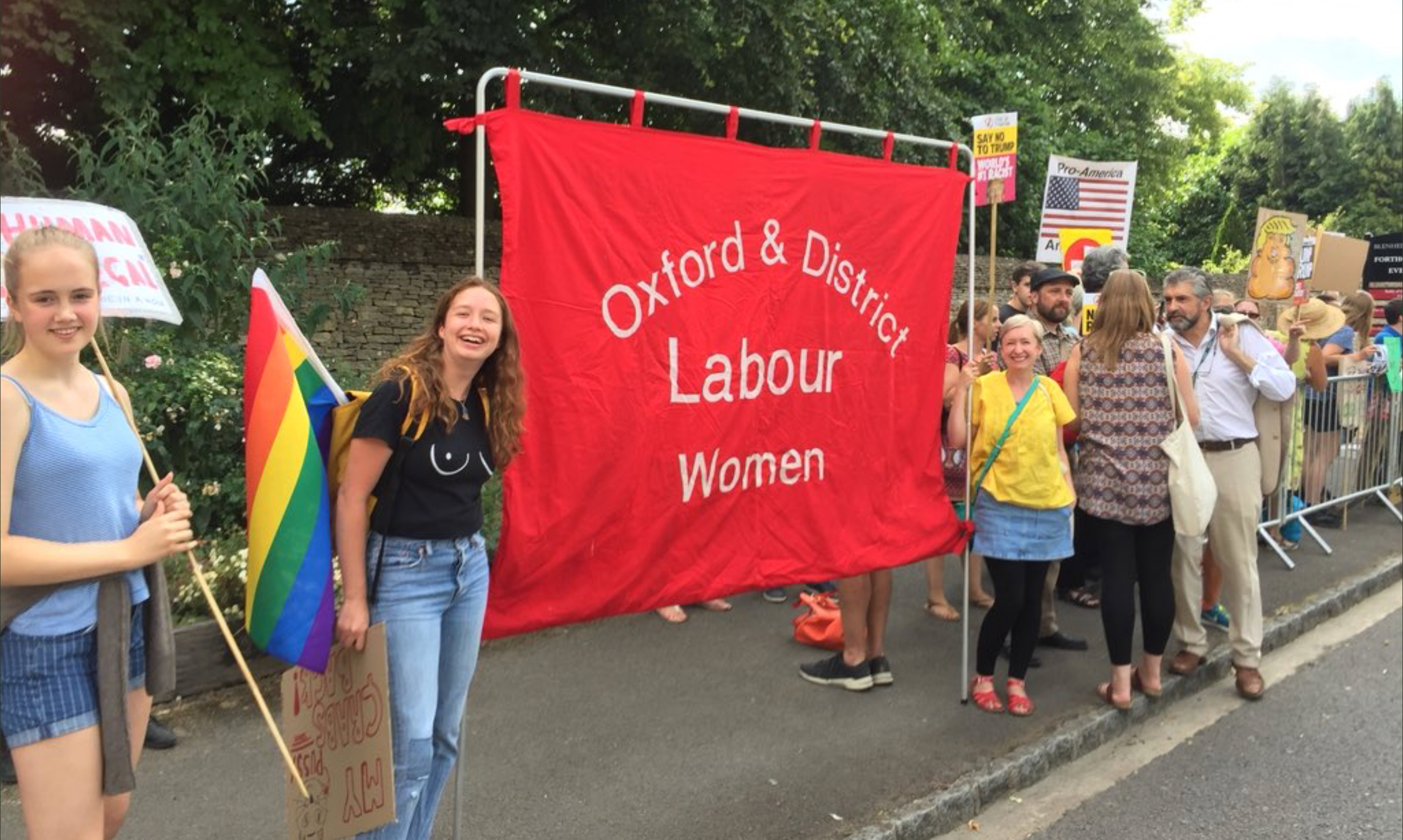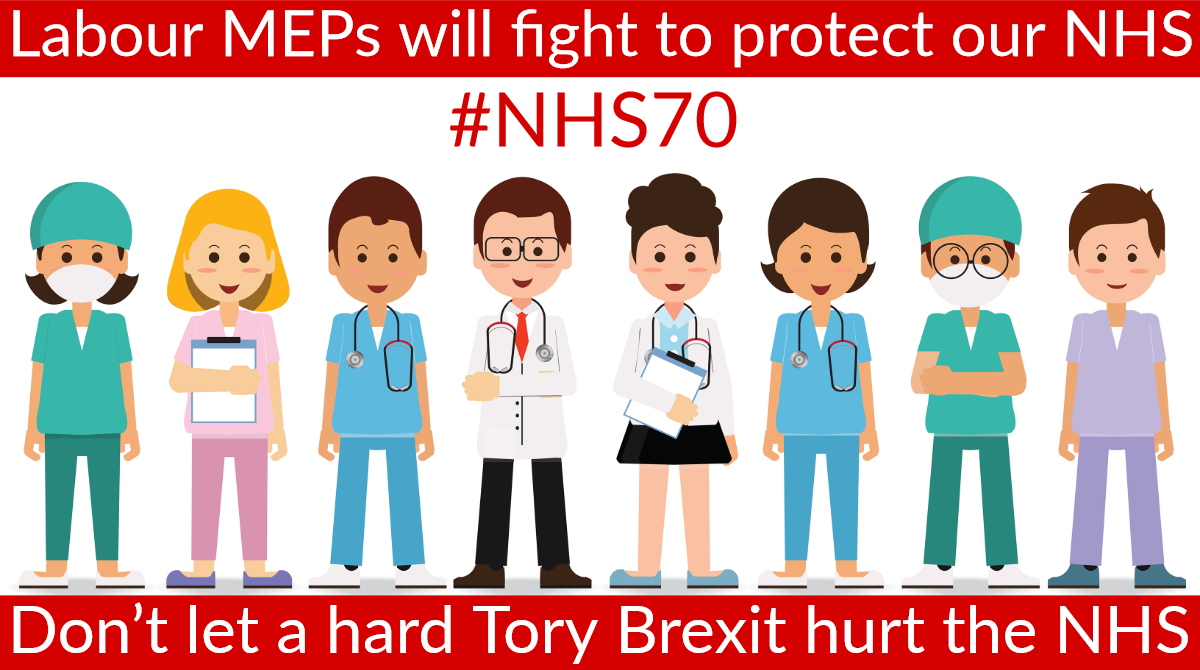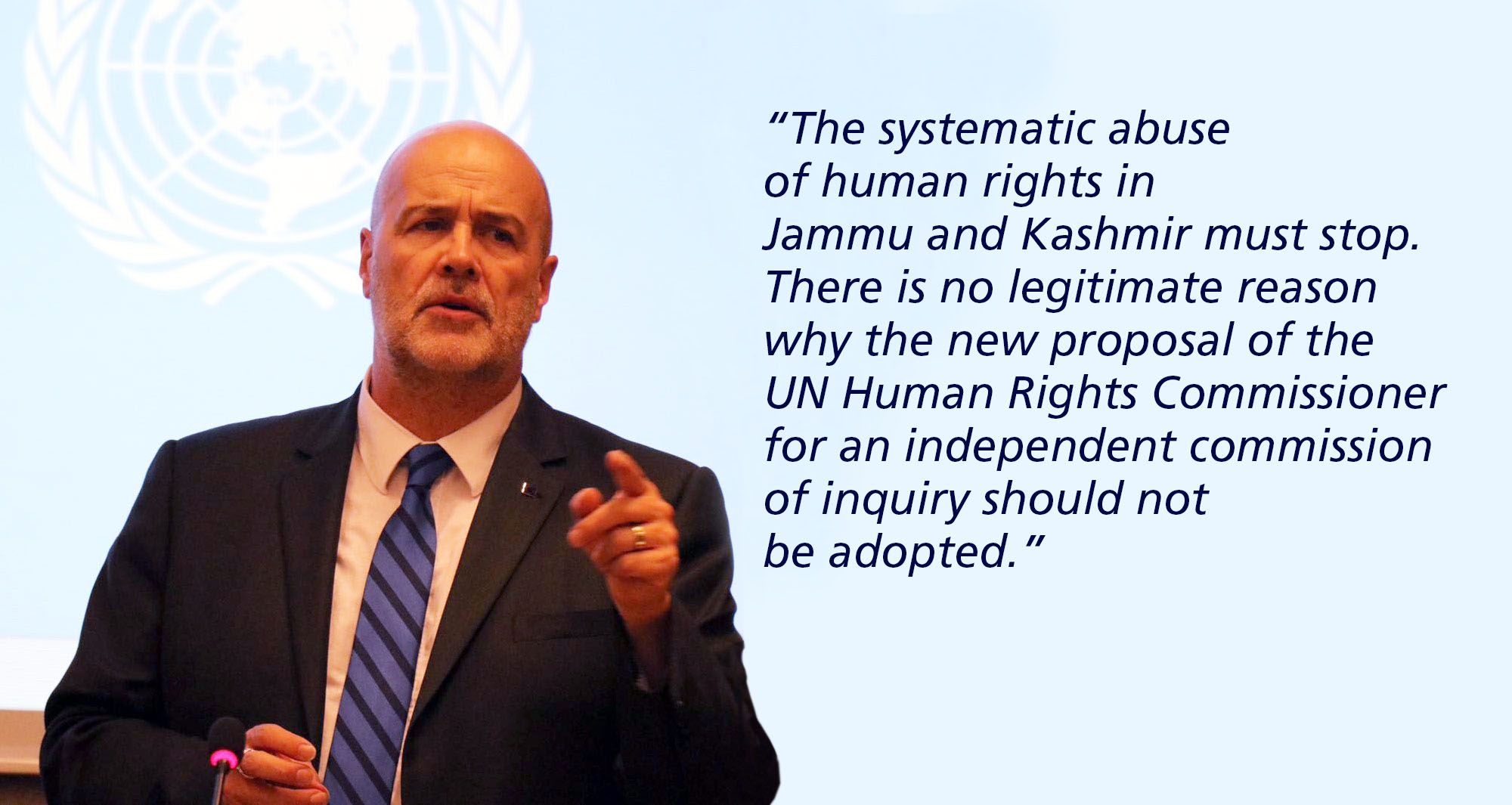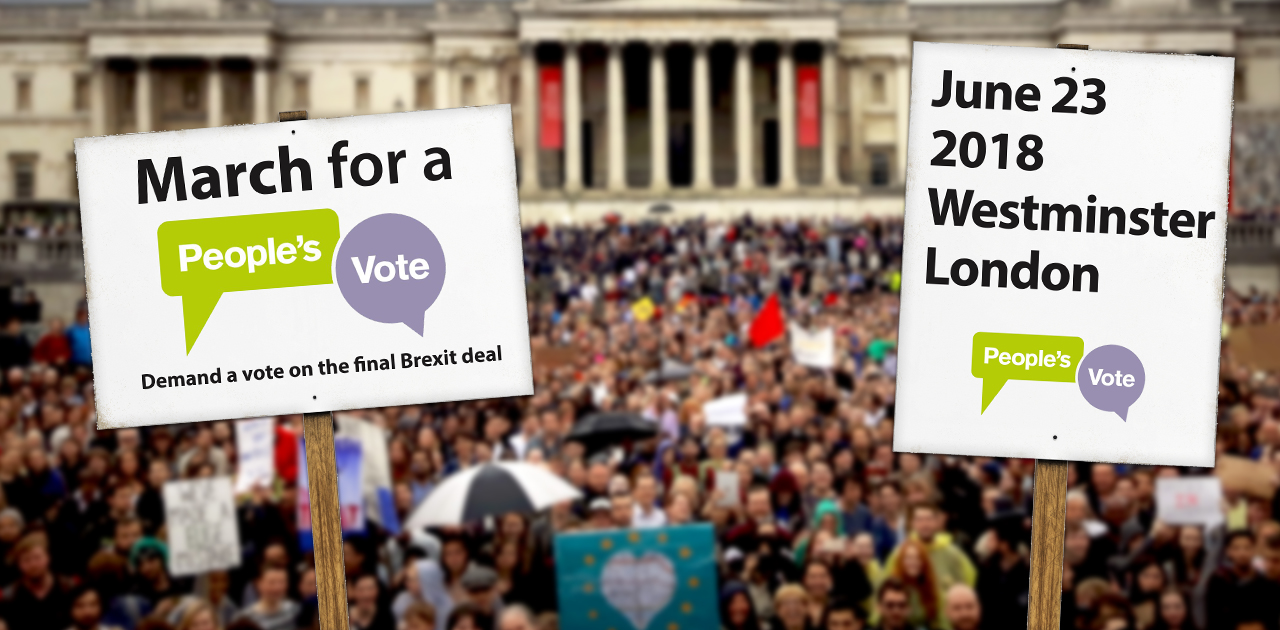So England aren’t rubbish after all and are going to win the World Cup.
There are some who started saying this as soon as they scraped past Tunisia and others who felt it was certain after they trashed Panama. Doubt crept in after the scratch team struggled against Belgium’s scratch team and grew when Columbia minus James Rodriguez failed to provide a walk-over but were banished after the penalty shoot-out. Having deservedly beaten a dated and ponderous Sweden (who had nonetheless somehow beat Italy and France along the way) the big prize is back on and even for a cynic like me, undeniably a possibility once in the last four.
In football, you can only beat the opposition that are in front of you. In may well be that England have had their share of luck with the draw and the order of group matches but how often have England supporters been able to decry their luck in tournaments? So let’s no begrudge them their breaks. They are, after all, still there when former winners Brazil, Argentina, Spain, Germany and Uruguay have caught their planes and Italy didn’t even make the departure lounge.
So for once England aren’t rubbish at the World Cup - because that’s become the notion that is peddled. In fact at the outset of the tournament it was being reported that England hadn’t won their opening game for ever so long and hadn’t won a knockout match for ages. So obviously they have been rubbish, haven’t they?
I was having a conversation in my office about all this. My young Derby supporting researcher put it nicely “the other big European countries win it - we don’t, we’ve not done anything in my lifetime”.
Because I like to challenge conventional wisdom, I thought I would at least try to look at England’s tournament performances objectively.
What should England expect in a World Cup?
Despite the ‘World’ bit, the tournament is, at the business end, a still contest between the football powers of Europe and South America. England is in Europe and is one of the ‘big’ European nations. Fair comparisons are with the other ‘big’ European nations: France, Germany, Italy and Spain. Those five big nations, plus the two big South American nations - Brazil and Argentina should usually expect to make up seven of the last eight places at a World Cup. In other words, a quarter final place is an acceptable tournament, to go one step beyond that is to do well.
We should measure expectations against this. The trouble is in England, expectations are measured against that first fully televised World Cup and a June afternoon at Wembley - even if it happened before you were born.
So I looked at the last 14 World Cups - that is since that tournament in 1966 when it really became ‘a thing’. It was also The first (including qualification) since modern professional football happened, with a decent interval since the abolition of the ‘maximum wage’. Arbitrary, yes, but I think fair enough.
Are England poor starters?
No. A quick comparison of opening games over the past 14 tournaments based on three points for a win shows England’s record is far from bad.
England played in 11 of those tournaments and lost their opening game twice. England average 1.7 points from their first game. Better than France who have lost four of their opens from 10 and average 1.4 points and Spain who have six defeats from 12, only two wins and average a mere 0.8 points. Italy, win eight wins and one defeat from 13 openers average 2.3 points while Germany with ten wins and two defeats from 14 averaging 2.3 points. Some of this is self-fulfilling. Germany and Italy as multiple winners have benefitted from top seedings - but, even so, the conventional wisdom of England as poor starters doesn’t really hold up to scrutiny.
But England go out earlier don’t they?
Well, again, not so much. In England’s 11 tournaments only once have they flown home after the group stage - in Brazil 2014. Meanwhile both Italy and France have gone out four times at the first hurdle while Spain have failed to make the knockout on six occasions. Germany, of course, had never failed to get out of the group until the ‘cruse of the holders’ hit this time round.
So how do England compare?
The thing is England have been average at the World Cup since 1966 (this bit excludes the current beano). Score the stage which the teams achieved with 1 for the winner, 2 for runner up, 3 for the semis, 4 for the quarters and so on. Eleven tournaments in which England played produce an average of 4.1 - a quarter final place. The rest of the European big five: Spain 4.4, France 3.9, Italy 3.7 and Germany way out in front with 2.7.
I pointed this out to my Derby supporting staffer and his response said it all, “Yes, but wouldn’t you swap going out at the group stage for a couple of wins and a final or two?”.
Because that’s what football supporters want - the dream of the trophy, or at least of being there and there abouts.
England are even worse at the European Championships, aren’t they?
I had always thought so, but I thought I would check out my own prejudices on the same scoring system. Even allowing for the different way in which the ‘Nations’ Cup’, as we used to call it, was played. It is still reasonable to use the same means of scoring.
So having looked at the tournaments from 1968 to 2016 you end up with this: Germany lead with the exact same 2.7, followed by France 3.1, Italy 3.3, Spain 3.4 and England 4.0. But hang on a minute. In this case England’s expectations should reasonably be higher?
Shouldn’t they expect to be in the last four more often, given that it’s just Europe we’re talking about? The answer is an undeniable ‘yes’. However, it is reasonable to argue that the European Championships have been, historically, a tougher tournament than the World Cup. Until 1996 only eight teams made the finals, meaning that the group stages were seriously tough. Even when the World Cup was a 16 team tournament nine or ten European countries qualified. Soft games against the likes of Panama just didn’t happen in the nations cup and qualification was tougher than the World Cup (France failed to make the last eight on four occasions, Italy, Spain and England three times each and even Germany missed out once). Nonetheless, here it is objectively true that England have tended to underperform on the European stage.
So what does all this mean?
Absolutely nothing really. Maybe as well as a tendency to overstate failings the England supporter tends to over-expect from the team. There always seems to be a feeling that ‘we should do better’. But why?
England’s failure, if it is one, at World Cups past is to rise above the average and produce the ‘I was there’ moments for which football supporters yearn.
Here’s a final thought. This England team, a little like that team in 1966, may have benefitted from nobody expecting too much and may also have benefitted from the absence of divas, prodigy’s and a manager with a big reputation. Whatever they achieve from here on in, they deserve credit for exceeding expectations. Enjoy the rest of it.
For the nerds - how all this is worked out
From 1966 to 1978 16 teams qualified for the World Cup finals 9/10 UEFA nations qualified. That rose to 24 from 1982 to 1994 with 13/14 UEFA qualifies. Since 1998, 32 teams have qualified but UEFA qualification has remained at 13/14.
The European Nations’ Cup had a four team final stage and a two-leg last eight until 1980 when the eight team format was introduced. Only in 1996 with 16 teams did qualification for the Euro Finals become slightly easier than World Cup qualification. Euro 2016 hosted 24 teams making qualification considerably easier allowing teams like, er, Iceland to make to the finals for the first time.
The scoring averages are therefore based on: Winner - 1, Runner-up - 2, Semi Final exit - 3, Quarter Final - 4, Round of 16 - 5, Group stage 6. In 16 team tournaments the group stage scored 5.
The third/fourth place play offs are ignored - they are games in which people don’t want to play. I had contemplated giving an extra 0.5 for an exit on penalties - it is arbitrary, but those results are counted as draws in official football records. Arguably, the entertainment/excitement could be recognised, but in the end the differences would be marginal.
I’ll get my coat now.














